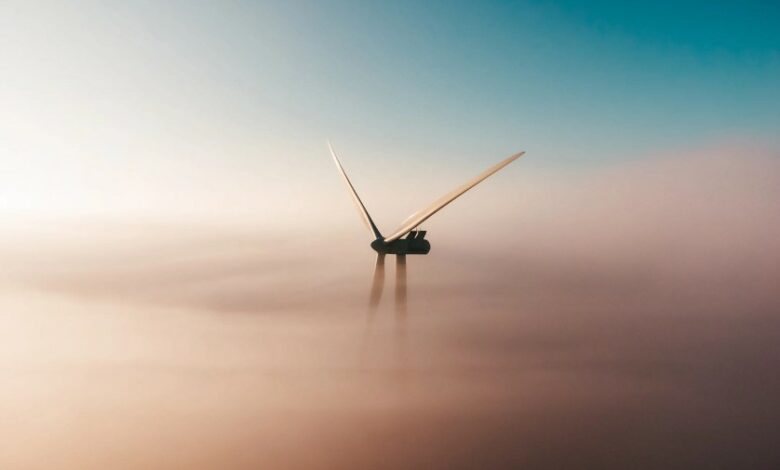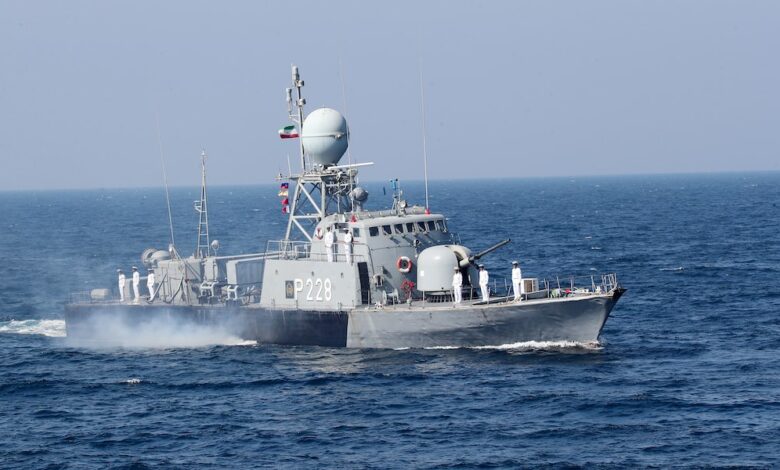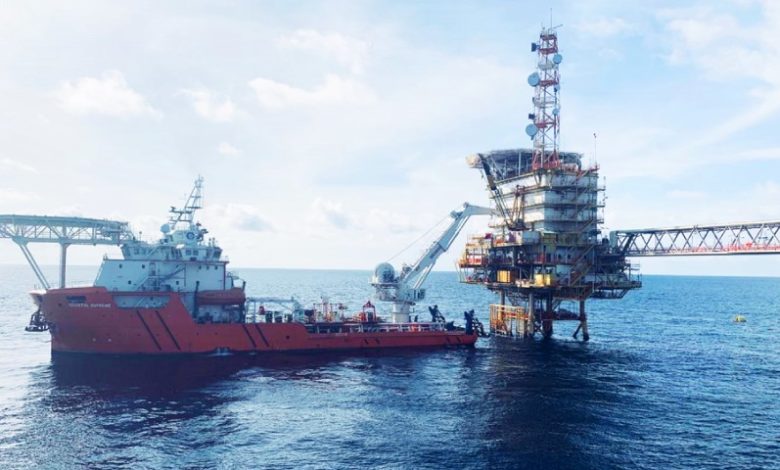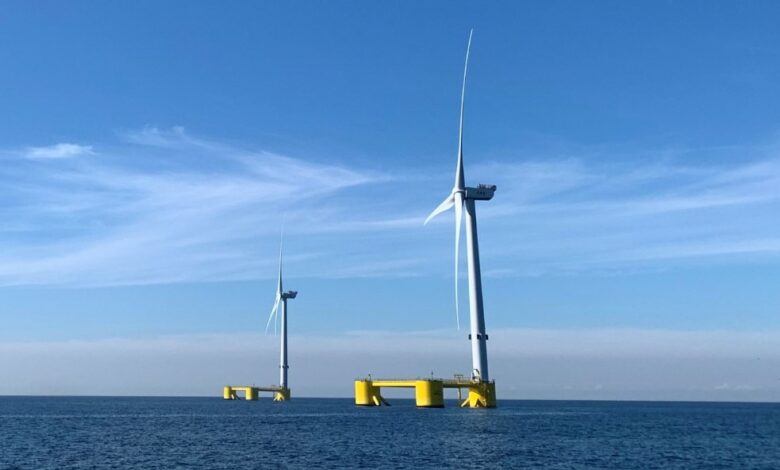Energy News Beat
The agency said in its weekly report, citing shipping data provided by Bloomberg Finance, that the total capacity of these 22 LNG vessels is 84 Bcf.
This compares to 29 shipments and 110 Bcf in the week ending January 15.
According to data from S&P Global Commodity Insights, average natural gas deliveries to US LNG export terminals decreased 0.7 Bcf/d from last week to 14.7 Bcf/d.
Natural gas deliveries to terminals in South Louisiana decreased by less than 1 percent (less than 0.1 Bcf/d) to 9.8 Bcf/d, and natural gas deliveries to terminals in South Texas decreased by 9.1 percent (0.4 Bcf/d) to 4 Bcf/d.
The agency said natural gas deliveries to terminals outside the Gulf Coast decreased by 27.6 percent (0.3 Bcf/d) to 0.9 Bcf/d this week.
During the week under review, Cheniere’s Sabine Pass plant shipped six LNG cargoes, and the company’s Corpus Christi facility sent four shipments.
The Freeport LNG terminal sent four cargoes and Sempra Infrastructure’s Cameron LNG terminal sent three shipments, while Venture Global LNG’s Calcasieu Pass and the Cove Point terminal each shipped two cargoes.
In addition, Venture Global LNG’s Plaquemines LNG facility also sent one cargo while the Elba Island plant did not export LNG during the week under review.
EIA said inclement weather led to temporary closures of major waterways serving LNG export terminals, which may have contributed to lower LNG exports this week compared with last week.
Freeport LNG’s liquefaction production operations have been taken offline due to intermittent Centerpoint Energy power interruptions beginning early Tuesday morning.
“Our liquefaction production operations will remain offline until power transmission conditions stabilize,” a Freeport LNG spokeswoman told LNG Prime on Thursday.
EIA said that the Henry Hub spot price decreased 54 cents from $4.43 per million British thermal units (MMBtu) last Wednesday to $3.89/MMBtu this Wednesday.
The Henry Hub reached an intraweek high on Friday, January 17 of $10.07/MMBtu, its highest price since January 2024, it said.
Also, the price of the February 2025 NYMEX contract decreased 12 cents, from $4.083/MMBtu last Wednesday to $3.960/MMBtu this Wednesday.
EIA said the price of the 12-month strip averaging February 2025 through January 2026 futures contracts rose 4 cents to $4.011/MMBtu.
The agency said that international natural gas futures were mixed this report week.
Bloomberg Finance reported that average front-month futures prices for LNG cargoes in East Asia decreased 14 cents to a weekly average of $14.01/MMBtu.
Natural gas futures for delivery at the Title Transfer Facility (TTF) in the Netherlands increased 57 cents to a weekly average of $14.57/MMBtu.
The agency said that in the same week last year (week ending January 24, 2024), the prices were $9.49/MMBtu in East Asia and $8.92/MMBtu at TTF.
We give you energy news and help invest in energy projects too, click here to learn more
Crude Oil, LNG, Jet Fuel price quote
ENB Top News
ENB
Energy Dashboard
ENB Podcast
ENB Substack
The post US LNG exports drop to 22 shipments appeared first on Energy News Beat.





















